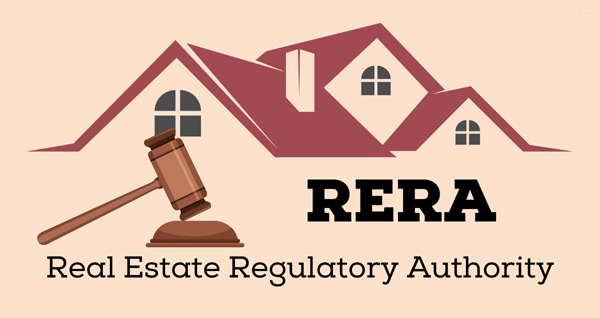The move by the J&K Real Estate Regulatory Authority (JKRERA) to issue notices to 20 private developers for non-compliance with the Real Estate (Regulation and Development) Act is a much-needed step towards enforcing accountability in the region’s real estate sector. For too long, the lax attitude of private developers and Government agencies like the JDA and SDA has allowed irregularities to flourish, leaving potential homebuyers vulnerable to exploitation and uncertainty. The provision mandating the registration of real estate projects with the Regulatory Authority before advertising, selling, or offering for sale is crucial. It ensures that all stakeholders-developers, buyers, and agents-are operating under a clear set of rules. The lack of compliance in Jammu and Kashmir, despite repeated awareness programs conducted by JKRERA, reflects a troubling disregard for the law and consumer rights. JKRERA’s decision to move beyond mere persuasion and to begin strict enforcement through notices is timely and necessary. The notice issued to 20 developers and the warning that more will follow send a strong message that the authority is committed to upholding the law.
It is particularly significant that JKRERA is holding Government agencies like JDA and SDA also accountable, which are equally bound by the Act. This all-encompassing approach is essential for the law’s effective implementation. Furthermore, the penalties outlined by JKRERA for non-compliance are severe and appropriate. The possibility of a 10 percent fine on the estimated cost of the project, or even imprisonment, for repeated violations underscores the seriousness of the matter. However, enforcement should not stop at the issuance of notices. JKRERA must ensure that these penalties are actually imposed where necessary. Simultaneously, the Government must ensure that the public is not unnecessarily harassed. This crackdown is a crucial reminder to verify the registration status of real estate projects before making any purchases. The protections offered by law are substantial, including the possibility of compensation for delays and deficiencies in the project. However, these protections are only available if the project is registered under RERA.
Trending Now
E-Paper


